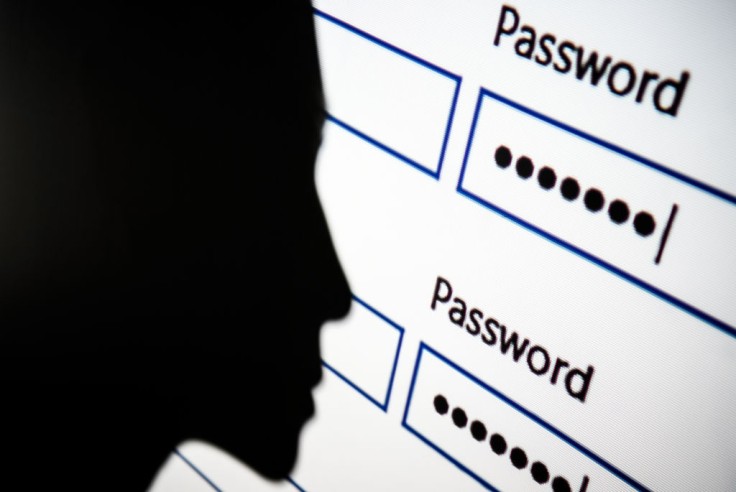Passwords have been part of many people's experiences on the internet and digital spaces as their primary privacy protection against malicious actors.
These protective measures, however, have started showing its age in the modern internet as more cyberattacks bypass its security systems to expose people's private data.

More Sophisticated Cyberattacks
Since 2020, during the peak of the COVID-19 pandemic and stay-at-home jobs, cyberattacks have surged resulting in a 300% spike in reported cybercrimes.
Many cases involved threat actors employing more sophisticated technology to bypass people and infrastructure's password security, compromising thousands of accounts in an instant.
This, in turn, has led to the rise of ransomware attacks as the global financial sectors suffered billions of dollars in losses from more prevalent data breaches.
What About Multi-Factor Security Systems?
Archaic password securities, which until now mainly rely on multi-factor authentication systems as added protection, are also vulnerable to being exploited and used against their owners and service providers.
Several cyberattacks in the past months have even shown how powerless against targeted schemes primarily using password systems for their attacks.
One such case was the massive data breach on Microsoft last January that resulted in many people's and government agencies' emails being compromised as hackers used their stolen accounts to prey on more victims.
This is not to mention its vulnerabilities in phishing attacks and other scam operations to deceive victims out of their accounts and digital wallets.
The Era of Password-Less Security Systems
To address these growing concerns in cybersecurity, many IT companies have since adopted password-less security systems for better protection against hackers.
A recent survey by LastPass showed that 78% of tech firms signaled plans to transition towards password-less systems to prevent expensive cyberattacks on their database.
Similar sentiments have also started spreading among consumers as more people resort to biometric reading technologies and other alternatives for more secure accounts.
While the system itself is not entirely invincible against data breaches, it provides users better protection as it is more difficult to exactly replicate software tokens, physical key badges, and biometric data.
Related Article : Tech Companies Move Toward Password-Less Security Systems, Survey Says









